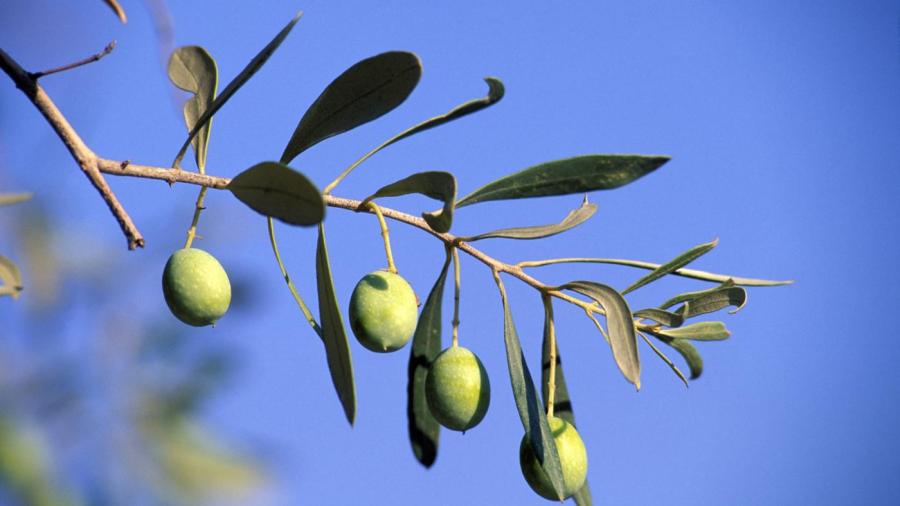What Does the Olive Tree Symbolize?

Historically, the olive tree was a symbol of peace. This connotation began in ancient Greece as early as the fifth century BCE. In the Bible, olive branches were used regularly to signal the end of a conflict or the approval of a higher power.
According to the Old Testament, God sent Noah a dove with an olive branch in its mouth to alert him to the end of the flood.
Due to its relatively long life and cultivation by the human species, the olive tree is a central agricultural component of many ancient cultures. The domestication of this food source is estimated at about 4000 BCE, when the Neolithic people migrated into the Mediterranean Basin area.
It is little wonder why the olive tree is associated with peace; its many uses were a boon to ancient societies, and it was regarded as a gift from the gods in many civilizations. In ancient Greek mythology, the goddess Athena was associated with the olive tree as she was the one credited with giving it to the Greeks. In the Koran, olives, among other fruits, were cited as one of Allah’s obvious gifts.
Still today, to “extend an olive branch” is to make an attempt to correct a conflict. The flag of the United Nations depicts the world with two olive branches on either side, symbolizing its goal of world peace.





